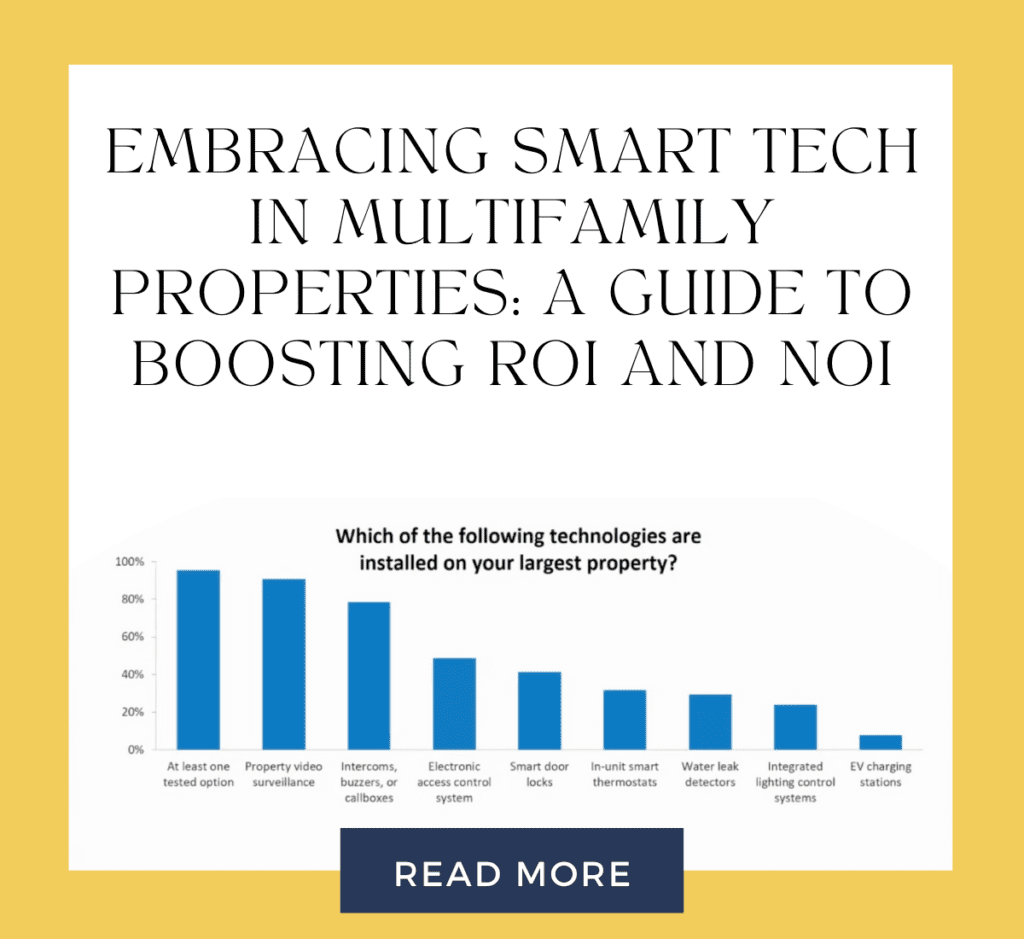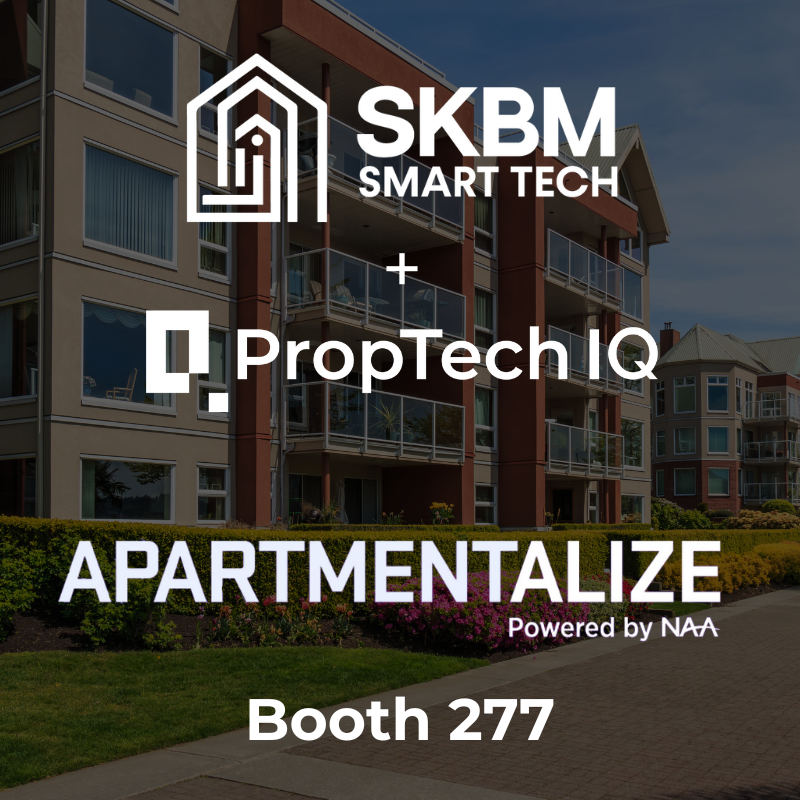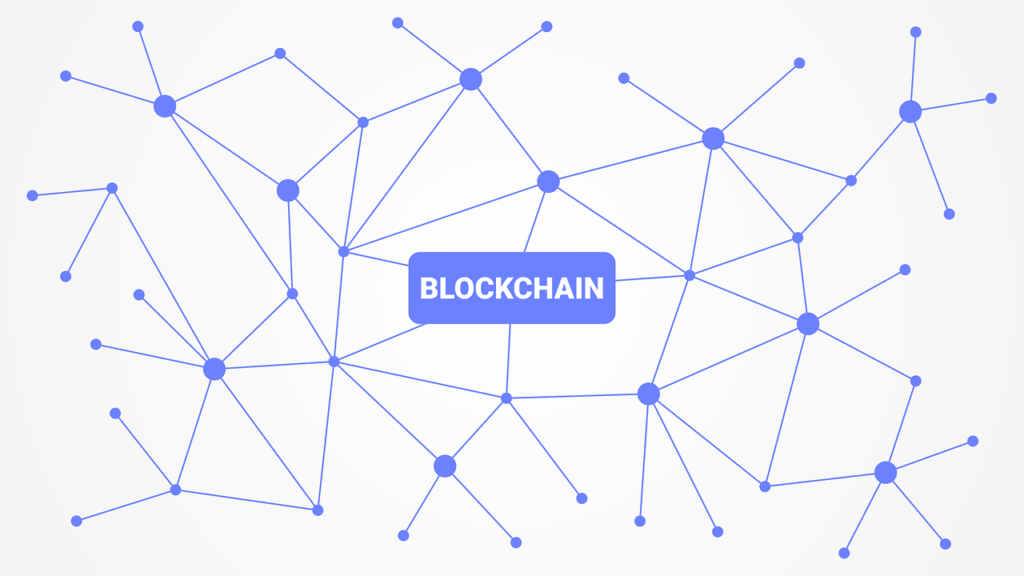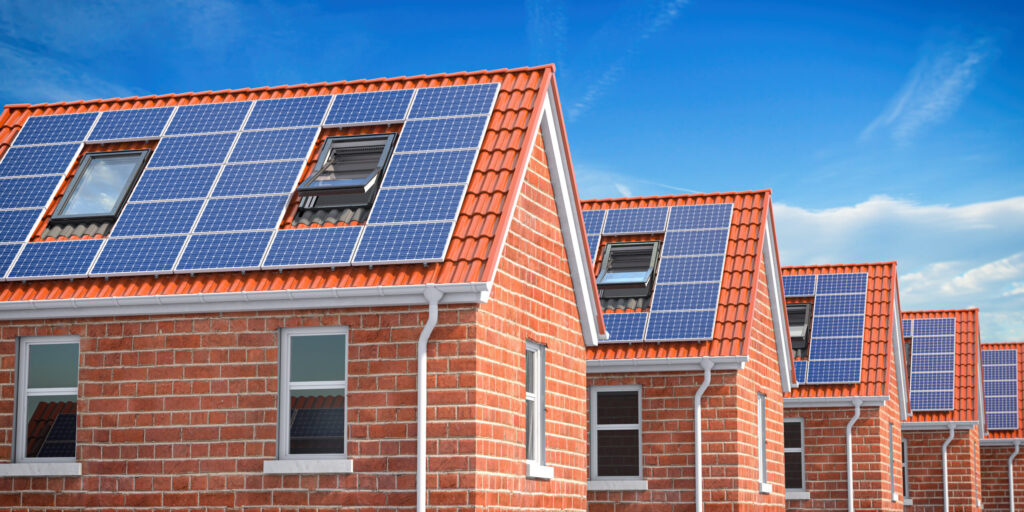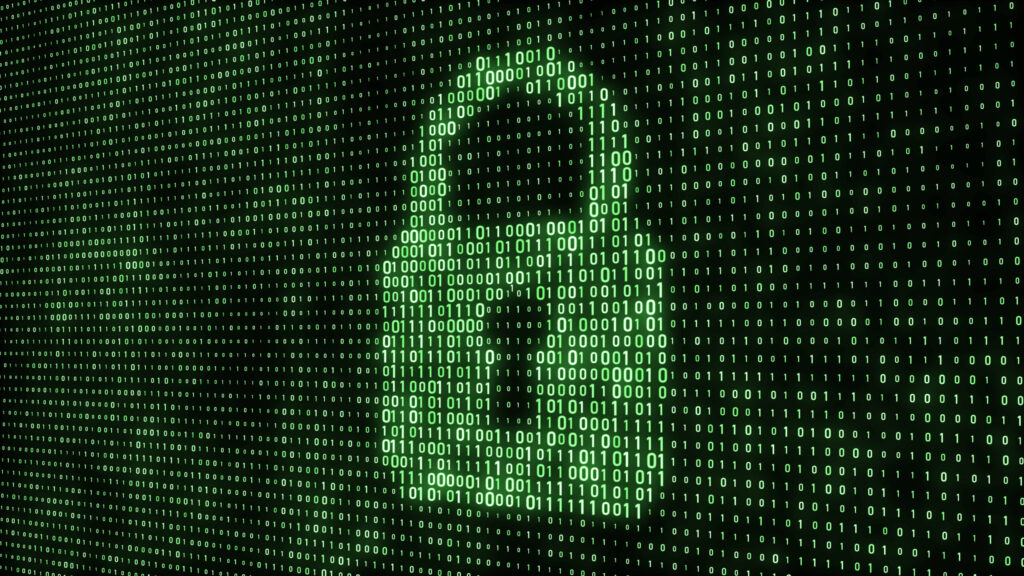The term Smart Home Technology has been around for quite some time, however, there is some debate as to what constitutes Smart Home Technology in the Multifamily Industry. With several solutions becoming available in recent years, it can be hard to keep up with what should be considered a standard Smart Home offering. Multifamily Owners, Developers, and Managers (ODM’s) are left asking the following question when they consider implementing Smart Home Technology at their communities:
Q: What does the term “Smart Home” encompass and what is the best approach to implementing Smart Home Technology at a community?
A: The debate over what can be defined as “Smart Home” continues throughout the Multifamily Industry and each ODM takes a different approach with what Smart Home solutions they use in their communities. This coupled with the constantly evolving landscape of Smart Home vendors and solutions makes reaching a consensus difficult.
From a cost and user experience perspective, implementing a multi-device/single provider solution is often the best option when approaching the implementation of Smart Home technologies, but is not required. To help provide some clarity regarding what is considered Smart Home Technology, the following is an overview of the solutions being included in many Smart Home packages currently by vendors along with a few benefits that both renters and ODM’s gain from the technologies.
Smart Locks:
Smart Locks are an integral part of any Smart Home package offered by vendors and are often paired with the Smart Home solutions that make up the remainder of this list. Smart locks replace standard key lock and deadbolt systems and consist of an electronic locking mechanism that allows access through an associated mobile app, pin-code, or biometric scan as well as a standard key.
Some of the benefits that Smart Locks provide are:
- Increased security and greater control for the resident allowing them to decide who and when someone can access their unit
- A reduction in the time spent on key management and turn time by removing the need for rekeying
- Streamlined access for maintenance teams to handle service requests
Futureproofing: Smart Locks enable the future inclusion of other types of PropTech at a community such as self-touring technology to the leasing strategy.
Smart Thermostats:
Smart Thermostats provide the ability to control the temperature from any room or even remotely from a mobile app. In addition to the climate controls of a standard thermostat, usage scheduling can be set up to help maintain temperature when the unit is occupied or when the unit is vacant or unoccupied during the day, reducing energy costs for the resident and the community overall.
Smart Thermostats can:
- Be controlled at the physical thermostat or virtually through a mobile app
- Reduce potential mold growth using scheduling options in the software
- Reduce energy usage in vacant units
Futureproofing: The decreased energy consumption that Smart Thermostats provide can reduce overall operating costs and, with increased focus on ESG initiatives, will attract more renter’s attention.
Smart Light Switches:
Smart Light Switches are designed to add Smart functionality to currently installed light fixtures without the need to buy individual smart light bulbs. Smart Light Switches replace standard switches to provide added features such as light dimming or ceiling fan controls that can be managed physically on the unit or through a mobile app. Smart Light Switches can also be paired with voice assistants to allow hands free control or can be paired with a schedule within the app to add additional convenience as well as reducing energy costs caused by lights being left on when the unit is unoccupied.
Smart Light Switches provide greater control and customization for renters but also have the additional benefits of:
- Adding smart functionality to standard pre-installed lighting fixtures.
- Enabling residents to turn on/off lights as well as monitor usage remotely, reducing the risk of lights being left on when no one is home
- Making vacant units appear occupied in the evening using lighting schedules through the app
Futureproofing: Smart Light Switches have the future proof benefits of working with any standard fixture being installed.
Leak Detection Sensors:
Leak Detection Sensors provide transparency to operators because water leaks and flood damage are costly and can ultimately cause the most widespread and longest lasting issues in any Multifamily community. Leak Detection Sensors are small electronic devices that can be installed under sinks and/or under large appliances and water heaters. These devices send out signals to central monitoring systems that can alert the resident and/or maintenance staff when a substantial leak is detected.
Installing Leak Detection Sensors can:
- Enable remote monitoring of vacant units for leaks
- Help maintenance teams find the source of a water leak early to reduce catastrophic damage
- Reduce environmental impact of wasted water
Futureproofing: Adding Leak Detection Sensors to a community can impact insurance premiums for the Owner, Developer, and/or Manager, lowering the overall operating costs of the community, as more insurance companies phase in premium discounts for this technology.
Smart Hubs:
Smart Hubs act as a central hub for multiple Smart Home devices and come in both basic or touchscreen configurations. Both types of hubs allow Smart Home devices to be connected and then controlled through a mobile app (on a basic hub) while touchscreen hubs include the additional convenience of control through the touchscreen itself. This allows controls such as the toggle or dimming of lights, adjusting the temperature, or even the ability to engage the security system.
Smart Hubs provide the benefits of:
- Providing a single application/interface to control multiple types of Smart Home technology
- Allowing multiple software/hardware vendors to be used in a Smart Home package
Futureproofing: Smart Hubs can receive software updates to expand their functionality and integrations as more Smart devices become available so they can still act as a central control point as the ecosystem continues to expand in the future.
As we conclude, it is abundantly apparent that there are many devices that are considered “Smart” in the PropTech industry, and, over time, some of those devices such as the Smart Lock, have become viewed as required components to be included in every Smart Home package. However, there are many different aspects of Smart Home functionality that vary by the vendor, including considerations such as PMS integrations, cross-vendor solution integrations, and the overall user experience, which should not be overlooked when choosing Smart Home technologies to implement at your community.
If you are having difficulties deciding which Smart Home vendor will work best with your current technology stack in addition to aligning with your goals, there is no need to worry. PropTech IQ’s Vendor Comparison service will pair you with an industry expert that will help you determine which Smart Home solutions align best with your organizational goals, desired implementation strategy, while offering recommendations backed by proven market data to ensure you make the best of your unique situation.


